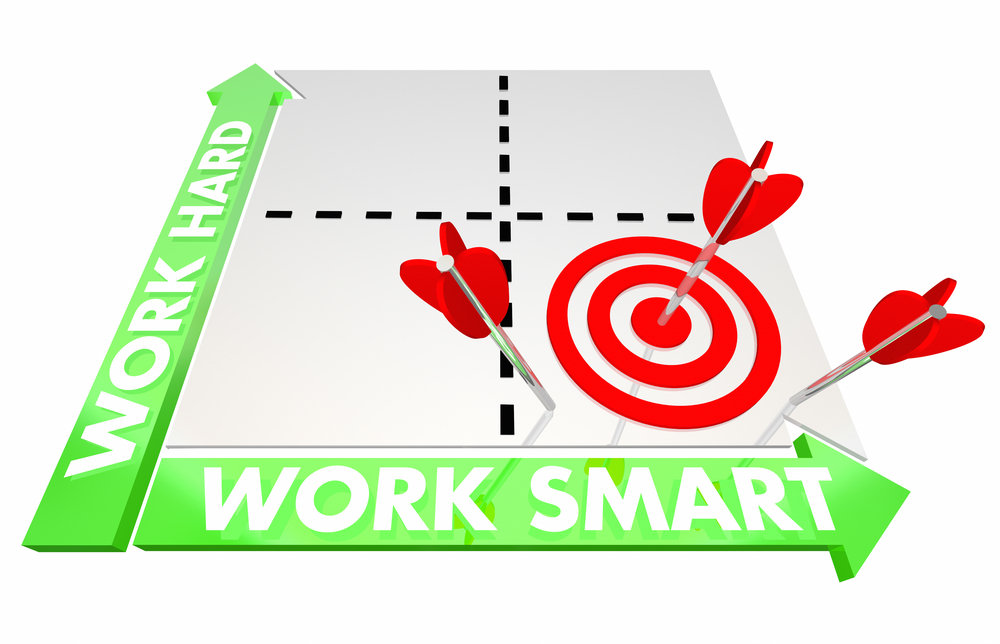Most of us are raised to believe that working hard will help us to advance in our careers. And a lot of people who have achieved great things in their lives will also tell you the same—that they got where they did by working hard.
Gladwell’s 10,000 Hour Rule
Malcolm Gladwell talks about how Bill Gates used to sneak into his college’s computer room and stay there for hours. He also writes about how the Beatles performed together hundreds of times, sharpening their sound. He finally comes to the conclusion that if you can spend 10,000 hours doing anything, you’ll get to the top of your profession.
Problems with Working Hard
Is it possible that you might spend thousands of hours doing something only to find that you’re in the wrong field and that you’d rather be doing something else? Is it possible to work too hard and get burnt out? Is it even possible that you might work really hard at something but never move beyond where you are?
Doing What You Love
The fact is that a certain amount of introspection is also needed along with hard work. You need to ask yourself whether you really enjoy what you do—whether the field you’re pursuing is your passion. Hard work can help you to get ahead. But if you’re not doing something you love, then you’ll never be truly happy.
Taking Time Off to Recover
You also need to make sure that you’re consistently taking time off and giving yourself time to recover. A lot of people find that their best ideas come to them when they take the time to rest and not when they’re striving towards a certain goal. So hard work is all well and good, as long as its punctuated with periods of rest.
Working Smart and Risk-Taking
There are times when you might find that you’re working really hard but you don’t seem to be getting ahead. This might be because you’re actually wasting a lot of time at work, talking to people. Or maybe you’re trying to help someone else with their work, which means that you don’t get to pursue your own ideas. And it’s also possible that you’re just not taking any risks or trying anything different. Remember that creativity is needed for career development.

